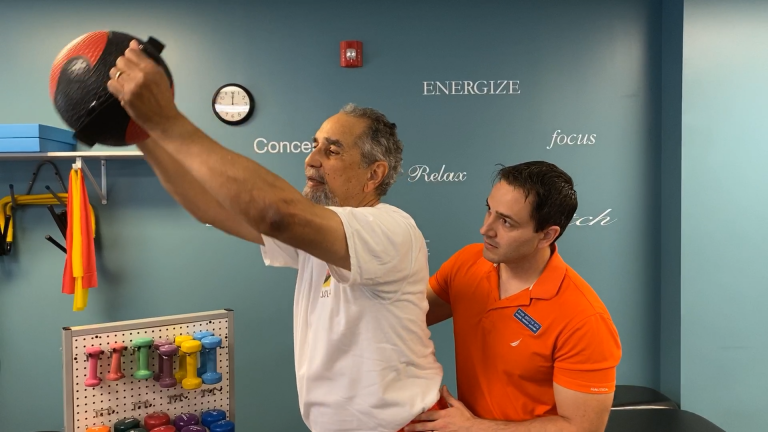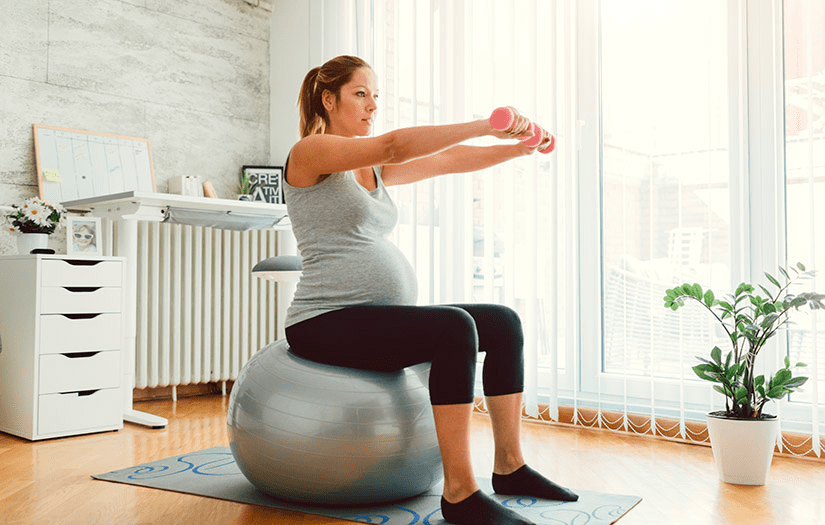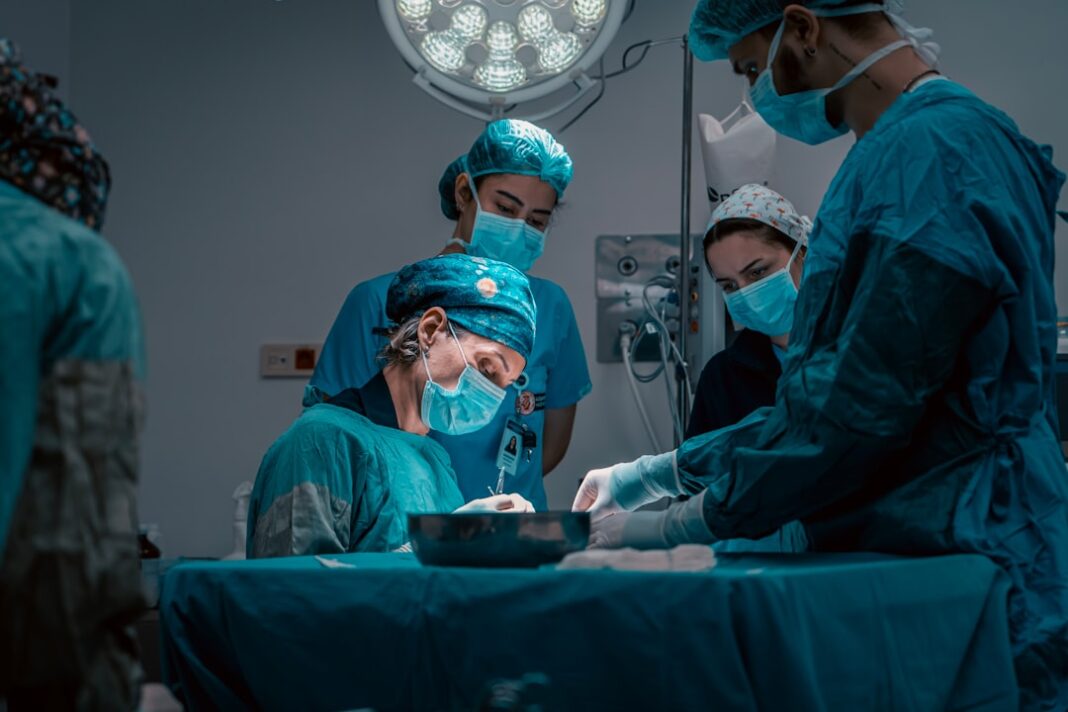Osteoporosis happens when bones become weaker and more likely to break or fracture. As people get older, bone density, which is how much mineral is packed into their bones, can decrease naturally over time. Here is more information on what osteoporosis is, what affects bone density, and what steps you can take to help keep your bones healthy:
How Bones Change With Age
Osteoporosis is a common cause of broken bones in women. Your bones are living tissue and regularly change throughout your life. This ongoing change, known as bone remodeling, involves two types of cells. Osteoclasts break down old bone, while osteoblasts build new bone to replace it. In childhood and young adulthood, your body replaces old bone with new bone faster than it breaks down, so bone mass increases. Most people reach their strongest bone mass around age 30.
After this point, bone breakdown starts to outpace new bone formation. That means your bones slowly lose density over the years. With osteoporosis, this process speeds up, and bones become more fragile. The inside of the bone, which looks like a honeycomb, develops larger spaces, making the bones weaker and more likely to break.
What Impacts Bone Density
Bone density depends on many factors. Some, like age, genetics, and gender, you can’t change. If you have family members with osteoporosis or have had fractures, your own risk may be higher. Women often have thinner bones than men and tend to lose bone faster during menopause because of lower estrogen. As everyone gets older, bone density naturally goes down, which raises the risk for osteoporosis.
Other factors are linked to daily habits and can be changed. Not getting enough calcium or vitamin D in your diet can affect bone strength, because calcium builds bone, and vitamin D helps your body absorb calcium. If you don’t stay active, especially with exercises that put weight on your bones, your bones can lose strength. On top of that, habits like smoking or drinking too much alcohol can reduce bone mass even more.
How to Support Bone Health
You can take steps to help your bones stay strong. Eating foods high in calcium helps your body build and maintain dense bones. Good sources include milk, yogurt, cheese, dark leafy greens, and foods with added calcium. Vitamin D matters, too, because your body needs it to use calcium. Sunlight, fatty fish, and vitamin D-fortified milk can increase your vitamin D levels.
Regular exercise keeps your skeleton strong. Weight-bearing activities, which are anything where you move your body against gravity, help bones stay dense. A few suggestions are:
- Walking
- Jogging
- Climbing stairs
Muscle-strengthening exercises, such as lifting weights or using resistance bands, also boost bone strength. These activities make your bones and muscles work together, which helps them both stay healthy. You can talk with a healthcare provider about which exercises work best for your needs and abilities.
Learn More About Osteoporosis
Osteoporosis makes bones weaker, leading to an increased risk of fractures. Bone density depends on things you cannot change, such as your age, gender, or family history, and things you can, like diet and physical activity. To support your bones, focus on a diet that includes plenty of calcium and vitamin D, and stay active with weight-bearing and muscle-strengthening exercises. These habits work together to keep bones strong as you age.
- HMS Photovoltaik: A Complete, In-Depth Guide to Modern Solar Power Solutions
- Decreto Supremo 160: A Complete and Updated Guide
- Dentiloquent: A Complete Professional Guide
- Närkes Elektriska: Your Trusted Partner in Electrical Services in Örebro, Sweden
- Litorotica Tags: Guide for Better Search, Safety, and Clarity





